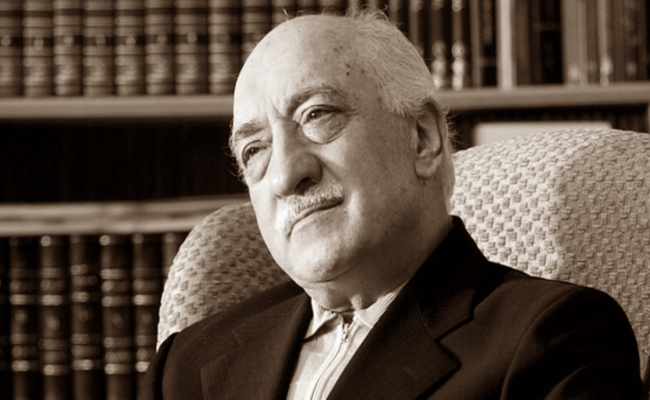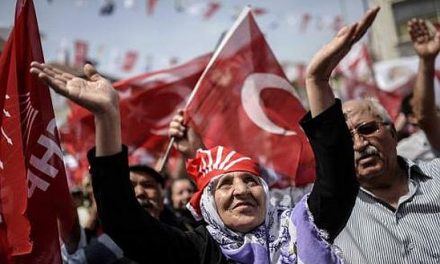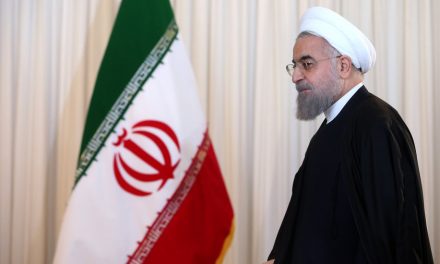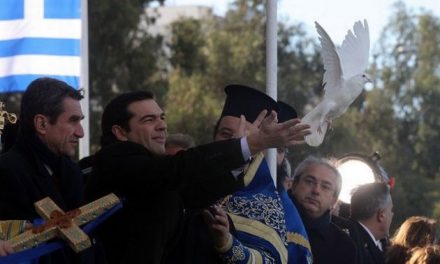By CHRISTOPHER TORCHIA, ASSOCIATED PRESS
In a dispute between NATO allies, Turkey demands that the United States extradite Fethullah Gulen, a Pennsylvania-based Turkish cleric, to face charges of engineering a coup attempt.
But despite increasing indications that his followers were behind the failed military uprising, analysts say concerns about whether Gulen could get a fair trial complicate Turkey’s bid.
Those concerns were amplified by a broad purge of state institutions and some private ones after the July 15 uprising, in which at least 270 people died. President Recep Tayyip Erdogan described the crackdown as necessary to oust Gulen sympathizers who he said had infiltrated the government. Human rights groups and some Western nations urged restraint, fearing the purge was sweeping up anyone critical of the government.
Gulen, a former Erdogan ally turned fierce critic, has denied any involvement in the coup plot but acknowledged in a CNN interview that people “sympathetic” to his movement may have been among the coup plotters.
“I would consider them to be betraying the nation. I would consider them to be disrespectful of my longtime ideas,” Gulen said in the interview, which was broadcast Sunday.
Evidence against Gulen includes testimony from military chief Gen. Hulusi Akar, who was said a coup leader holding him captive described Gulen as the renegade group’s “opinion leader” and offered to put Akar on the phone with the cleric.
Several other military officers admitted loyalties to Gulen, according to testimony published in Turkish news media. And Erdogan’s spokesman, Ibrahim Kalin, said Wednesday that there are documents linking Gulen’s movement to the attempted coup and that, as a panel of 70 Turkish judges assembles evidence, “a clearer picture will emerge and we will share it with the public.”
Images of detained soldiers with facial bruises after the coup attempt, as well as an Amnesty International report alleging abuse of suspected coup plotters, raised questions about evidence-gathering ahead of mass trials. While Erdogan rejected the Amnesty report and said soldiers may have been beaten during scuffles with pro-government forces, unfolding events in Turkey form a troubling backdrop to the Gulen extradition bid.
“In addition to needing substantial evidence, I think the U.S. will require some firm diplomatic assurances regarding Turkey’s willingness to respect due process and basic principles of human rights during any prosecution. Given the recent reports in the last two weeks, that’s got to be a real concern in this case,” said Jens David Ohlin, an international law expert at Cornell Law School in Ithaca, New York.
“In general, the U.S. is in a very tight spot here. Turkey is a key military ally,” Ohlin added. “I think the U.S. will try to stand up to Turkey in the Gulen affair, but it will do so gently and quietly.”
Turkey has sent documents to the United States and is preparing a formal extradition request. It insists it shouldn’t have to, arguing that it has summarily extradited alleged terrorists at requests from the West. Turkey has also demanded that Gulen be arrested in case he tries to flee or tamper with evidence. Instead, U.S. officials have urged Turkey to lay out its extradition case, reinforcing suspicions in Turkey that it is somehow complicit in the coup.



















